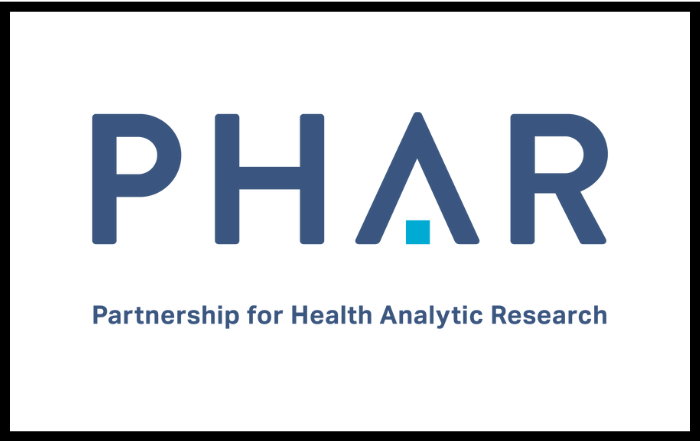With most hospitals across the country operating at year-to-date margins significantly below viable levels – even with the return of elective procedures over the summer – organizations must find ways to stabilize and regain revenue. In this discussion, our panelists examine a variety of strategies that can be used to truly understand the current and future drivers of quality, cost, and revenue. They share ways to ensure hospitals, health systems, and their physician partners can get upstream of negative costs and health outcomes, stabilize existing sources of revenue, identify new revenue opportunities, leverage existing data sources to drive quality care, and build a foundation for value-based care.
- Describe strategies that can be informed by or supported with data to better understand true costs, market activity, patient loyalty or leakage, risk stratification, and gaps in care
- Develop population health initiatives that use targeted, focused outreach for preventive, chronic condition, and care management efforts by gaining a better understanding of your population subsets, including those cases that are high-risk/high-cost
- Discuss how value-based programs have shown to be a legitimate funding source for hospitals, health systems, and clinically integrated networks and other advantages realized in light of Covid and evolving payer activity
- Examine how analytics play a crucial part to successful risk-agreements, and allow providers to take on additional risk in models such as episodes of care, bundles, or direct-to-employer programs
- Learn how the increased adoption and acceptance of technology and digital tools is being used to better engage patients and doctors, and positively impact the bottom line
Click here for additional information and registration details.



